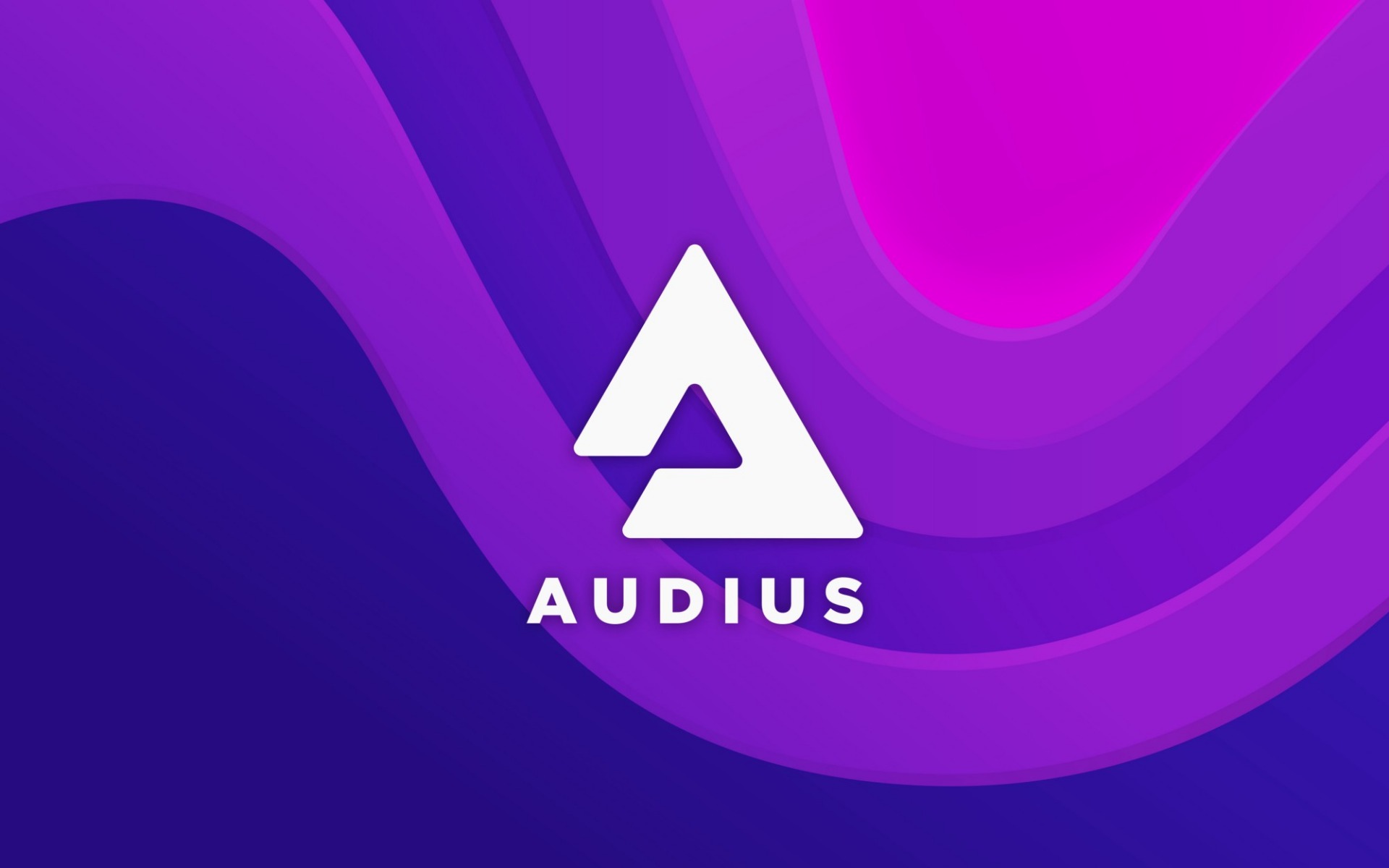
How To Promote Your Music Online - Part 3: Why do you need your own website

Welcome to the third part of the "How To Promote Your Music Online" series, this time, we'll gonna talk about musicians' websites. Sometimes I see producers asking on social media "Do I need a website?", and obviously, my answer is always "ABSO-FU*KING-LUTELY"!
I'm kinda forced to think that a lot of those people see their website just as another place on the internet where people can listen to their music, without seeing much more value in it. But in fact, a website can have a TREMENDOUS value as it can be insanely powerful marketing tool in the hands of the skilled internet entrepreneur (a transformer swiss knife on steroids if you will), and there are literally so many ways you can benefit from having your own website that it would be a crime not to tell you about 'em in this series.
A website gives you the biggest freedom in how you can tell your story
In the first row, you should realize that your website is not "just another place on the internet where people can listen to your music", but it's actually the most expressive and complex but also the most easily reachable form of presenting yourself. As opposed to all the other streaming services and social media platforms forcing you often to push just one type of content in the way that works best for them, with your own website you have the absolute creative freedom in how to tell your story, how to present yourself and your work exactly in a way YOU want it to be. If you know how, you can make your website into an immersive experience that adds a whole bunch of different layers to your music, sucking the visitors into your vision and leaving them deeply impressed.
Having everything at one place
This kinda goes hand in hand with the last paragraph. Usually, your content gets divided across multiple services and networks - beats on Soundcloud, photos on Instagram, videos on Youtube, thoughts on Twitter, etc. With your website, however, you can get all the most relevant stuff together and instead of forcing the visitor to jump from platform to platform, you can present them everything in one place (and beautifully wrapped). Once they reach your webpage, it's your chance to make an impact, so it's worth to use all that you've got to land a solid chance that you'll hook 'em up on something they didn't even expect to find (like a mad video of you jamming on your SP404 or whole bunch of other stuff). BUT, on contrary, it's a good practice to also include a section containing all the links to your various outlets where people can follow you and see your stuff daily as a part of their timeline-scrolling routine, as this can lead them back to your website to check out new stuff from time to time.
With your own website, you can collect your own data
Data is the new gold and people who know how to read it (and then act accordingly) will always have a head start. When you have your own website, you can measure a shit ton of things - for example, there is Google Analytics, an incredibly powerful tool that will show you all the possible metrics on how are people visiting your website - where are they coming from, what pages are they visiting, how are they navigating through the website, how much time do they spend there, what device are they visiting the website on and a lot of other things. But you can be also collecting some data on your own, for example saving records about how many times did people play each track, in which time did they skip to another one, which tracks did they put on repeat, for which tune did they hit the "share" button the most, etc. If you learn how to leverage all this knowledge to your own good, it can help you a LOT in optimizing your website (and ads) to achieve your desired goals.
A website can be the ultimate contact point for your fans
If your website visitors see that the content is up to date, they are more likely to come back when they want to know what's new instead of checking all your different social media accounts or streaming platforms separately, as this can get a bit messy and time-consuming, whereas on your website is all they need to know. Also, as you're in total control of your website's content, you don't have to worry about the Facebook algorithm not showing your content to a lot of users, as whoever comes to the website sees exactly what you want them to see, unless you decide to remove it yourself. Which brings me to...
A website makes you independent on other platforms
Social media and streaming platforms come and go. Who knows how long will Facebook last, for example? Everybody used to be there a few years ago, but now it has already earned a badge of social network for boring dads and mums as most of the younger generation already fled to Instagram, TikTok, Snapchat, and other ones. That introduces you to the sad fact that one day, your precious fan page you spent so much time building and creating content for might get sent into oblivion as the given platform deems no longer profitable for their owners.
A website can help you build your emailing fan list
Even though I won't be speaking about the newsletter itself in great detail here as it's a topic for another article, it's a very good way of staying in touch with your fans, especially in a world where companies keep on cutting organic reach posts in order to try to get as much money as possible. A simple email with multiple recipients costs you nothing, but you can be sure that your fans will get it delivered. But how does that relate to your website?
Well, the website can work as another point for giving people the option to sign up. It usually doesn't come just by itself - you have to prove to them that you have something valuable to offer, but when they do sign up, they are literally telling you by that action that they want to stay in touch with you and that they are interested in your shit. And isn't that nice? Also, while a social platform can get obsolete rendering your former audience there useless, a mailing list will stay there with you, still allowing to contact your fans with new updates, as email is probably not going away anytime soon.
A website allows you to sell your goods directly
You can't sell your music on Facebook or Instagram, neither you can do on Soundclound and other places. Even though Bandcamp can solve this one problem, your own website gives you the power to sell anything you want (music, merchandise, signed posters, drugs...lol just kidding) and sell it without having to sacrifice any percentage of your earnings to some external platform (except a small fee for the payment gateway, usually). It also lets you set the prices completely to your own likings, which some platforms may not be able to do. But of course, this is heavily dependant on how skilled programmer you are (or how skilled programmer can you hire), or on what web-builder service (or WordPress plugin) you decide to choose (as they may also take a little cut off the incomes). But generally, selling everything you have to offer via your website instead of sending users to Bandcamp for music, Gumroad for sample packs and Shopify for merch can nicely add up to positive user experience and bigger sales. Anyway, there's a lot of different ways how you can make a few bucks off your website, and you can be sure I'm gonna dedicate another blog post to it!
A website can bring you a new audience - coming from the search engines!
If your website has good content, you can be sure that sooner or later, people will start coming from Google's search itself. And that's a very good thing in fact! In the first row - it costs you absolutely nothing, besides the time you spend creating your content of course. But once you get your content right and optimized, you can as well put your legs on the table for a while and just enjoy the good feeling of knowing that all those people out there are clicking on your website in search results right now, and you don't have to move a f**king finger. (However, what can you make of such visitors is a whole different story).
Another reason why having new visitors coming from search results is a good thing is that you can reach only certain audience when posting your music on your social media (and you can also waste a fortune on a poorly executed ad campaigns with badly targeted, irrelevant audiences), but this gives you basically absolutely new and 100% organic audience which can get quite large over time!
Fun fact: This website has currently around 2500 - 3000 monthly visits with more than 80% of them coming from Google's search.
A website can help you with running better ads on social media
Maybe you've already heard about Facebook Pixel, maybe you see it for the first time in your life, but let me tell you this. Even it may sound a lil' bit evil when I explain more, if you plan on running ads on social media, you WANT Facebook Pixel on your website. Here's why - and also an explanation of what it is.
Facebook Pixel is a little piece of JavaScript code that you include in your website's header and once it's there, it starts collecting data about what people who are visiting your website and are logged in their Facebook account at the same time (so almost everyone nowadays). Amongst those data are for example pages people visited and a bunch of other stuff. What's important is that you can later (when there are enough entries) use this data in Facebook Ad Manager to better profile and target the matching audiences for your social media ads.
And If you've ever heard of "retargeting ads", the Facebook Pixel is exactly how it's done. Let's say that someone visits a product in your merch store, let it be a snapback or a hoodie, or basically whatever - with Pixel, that visit gets noticed and you can basically make that person see in their Facebook or Instagram feed an ad featuring the exact product that person visited. And even besides retargeting, just the option of being able to show your ads to people who you know they visited your website is priceless, too.
A good website makes you look more serious and professional
Lastly, having a well-designed website with a nice second-level domain name has one more effect - it kinda shows that you mean it seriously with your music career and it helps in making a good first impression on potential promoters or A&R agents, that might have bumped into your music, liked it and now they are scouting for more info about you. Also, with your own website, you usually get also your own email address that can look something like yourname@yourwebsitedomain.com, which can also add a little bit to the perceived level of professionalism.
And this gets us to the very end of this part of the series. However, there's way more to talk about in this domain, so I'll be probably getting back to this topic at some point in the future (I already feel like a blog post on "how to make a beautiful website without spending a ridiculous amount of money and time" could be a valuable follow-up for this one :)) So stay tuned and keep your eyes peeled for upcoming blog posts ^^
Further reading:

First time on my blog?
Welcome! My name is Pao and I'm the person behind this whole website. Besides making music myself whenever I can, I also write this blog and curate Spotify playlists. Feel free to explore it here a bit - I believe you will find some interesting stuff around ^^






